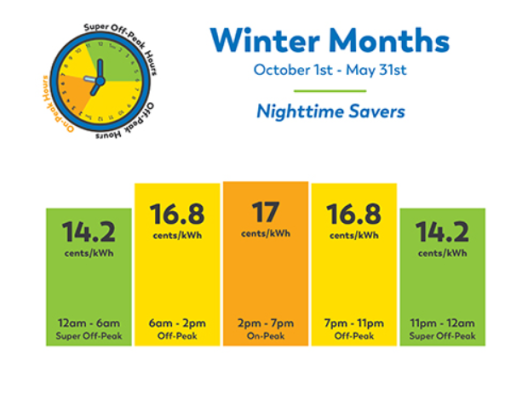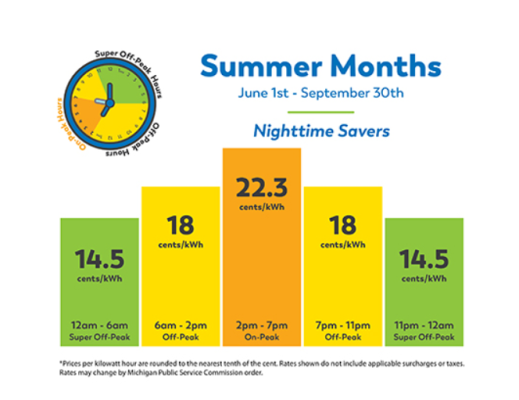aja8888
Moderator Emeritus
I received my $250.00 rebate check from Entergy yesterday for the $400.00 Emporia charger I bought (thank you Entergy!). Now all that's left is to claim the charger cost on my federal income taxes for an additional 30% credit.
Plus, I haven't been to a gas station since I bought the Bolt about two months ago. Somehow, I have put 2,080 miles on the car in those two months.
Plus, I haven't been to a gas station since I bought the Bolt about two months ago. Somehow, I have put 2,080 miles on the car in those two months.


